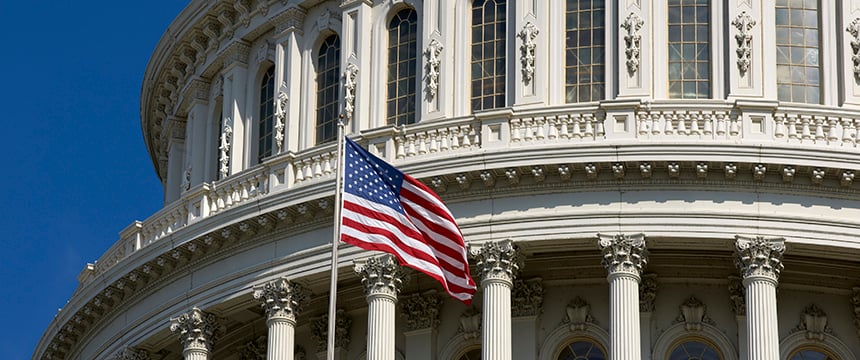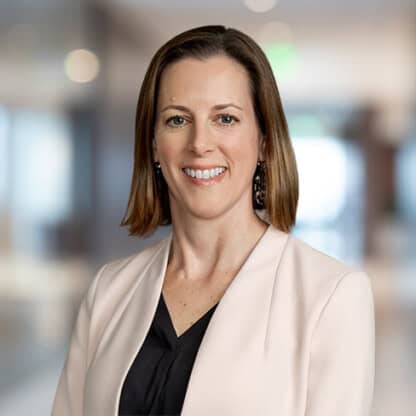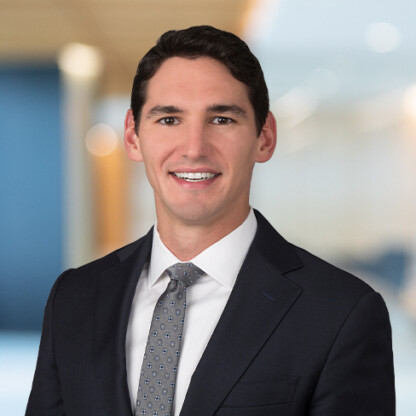Proven Success: Foley’s Federal Affairs Team Helps Organizations Secure Federal Funding

FY2022 Appropriations Update: On Thursday, March 10th, the Senate voted 68-31 to pass the $1.5 trillion omnibus spending package, sending the bill to President Biden’s desk and avoiding a government shutdown. The bill notably included nearly $14 billion in emergency aid towards Ukraine. During last-minute negotiations on Wednesday, March 9th, House Democratic leaders stripped out $15.6 billion allocated towards new COVID relief. Democrats have indicated that the COVID funds will be included in a separate supplemental package, the fate of which remains unknown.
The passage of the omnibus package marks the return of “earmarks”, now known as Community Project Funding (CPF) requests, for the first time in a decade. Overall, more than 4,000 CPF requests totaling $4.2 billion were included in the final bill. The Foley Federal Public Affairs team was able to secure over $4 million in CPF spending for multiple clients, spanning issues from healthcare to job training. Additionally, the Foley team was able to secure millions more for targeted projects that will be allocated later by several federal agencies.
Nearly a year ago, the 117th Congress voted in favor of the return of earmarks, which were rebranded as “Community Project Funding (CPF)”. The House Appropriations Committee has stated that the revival of earmarks has been brought about by the urgent nature of unique and individual needs in each congressional district. With bipartisan backing, earmarks are likely here to stay and will continue to play a major role in appropriations spending in future fiscal years.
With this renewed opportunity, it is imperative that groups seeking funding know the process well and get ahead of the competitors in each state and district. Deadlines for the next round of funding are coming up quickly, as Congressional offices usually stop taking requests in February or March.
Reintroduction and Guidelines:
In 2021, Democrats and Republicans alike submitted these funding requests. The funding is not allowed to go to for-profit companies, and instead Congress is looking to emphasize funding for projects related to local government, schools, and 501(c)(3) non-profit organizations. Members of Congress must declare that they have no financial interest and that local officials support the project. Only 1% of overall funds, coming out to a little over $14 billion, are now allowed for these projects. Further, to maintain transparency, members are required to post every CPF online.
You can read Fiscal Year 2022’s CPFs on the House Appropriations Committee website here and on the Senate Appropriations Committee website here. For FY 2022, 332 Representatives submitted funding projects to be considered by the committee. While in the Senate, 64 Senators submitted funding requests for over 8000 different projects.
Each Representative is allowed to request funding for 10 projects in their district; there is no request limit for Senators. Each office has a different protocol for their earmark requests, with differing deadlines for funding requests. Historically, the deadline for CPF requests has been late winter/early spring. The Members will prioritize their requests; however, the Appropriations Committee retains the final say on which of those requests will receive funding. Both the House and Senate Appropriations Committees will require the Government Accountability Office to audit a sample of enacted CPFs and report its findings to Congress.
Local Support:
For upcoming CPF requests, Members of Congress must provide proof that local officials support the project. This often comes in the form of letters of support from elected community officials, including mayors, local city council or state government officials. Local press can also assist in boosting the CPF’s approval chances. News stories and endorsements from local editorial boards highlighting the work of the nonprofit and development plans are strong means for highlighting the “demonstration of community engagement” emphasis that the House Appropriations Committee has outlined in their CPF guidance.
How Foley Can Help:
The Public Affairs team at Foley is comprised of former members of Congress, Chiefs of Staff, senior staffers, and consultants who have collectively well over 100 years of bipartisan experience working with and on Capitol Hill. We maintain key connections on Capitol Hill and understand how to successfully navigate the legislative process. In Fiscal Year 2021, our proven track record on the appropriations process was made evident by our ability to engage with policymakers and secure commitments on multiple CPF requests for our clients.
To learn more about how Foley can assist your organization’s appropriations needs, interested parties should contact Jared Rifis, or any member of Foley & Lardner Federal Public Affairs team.


